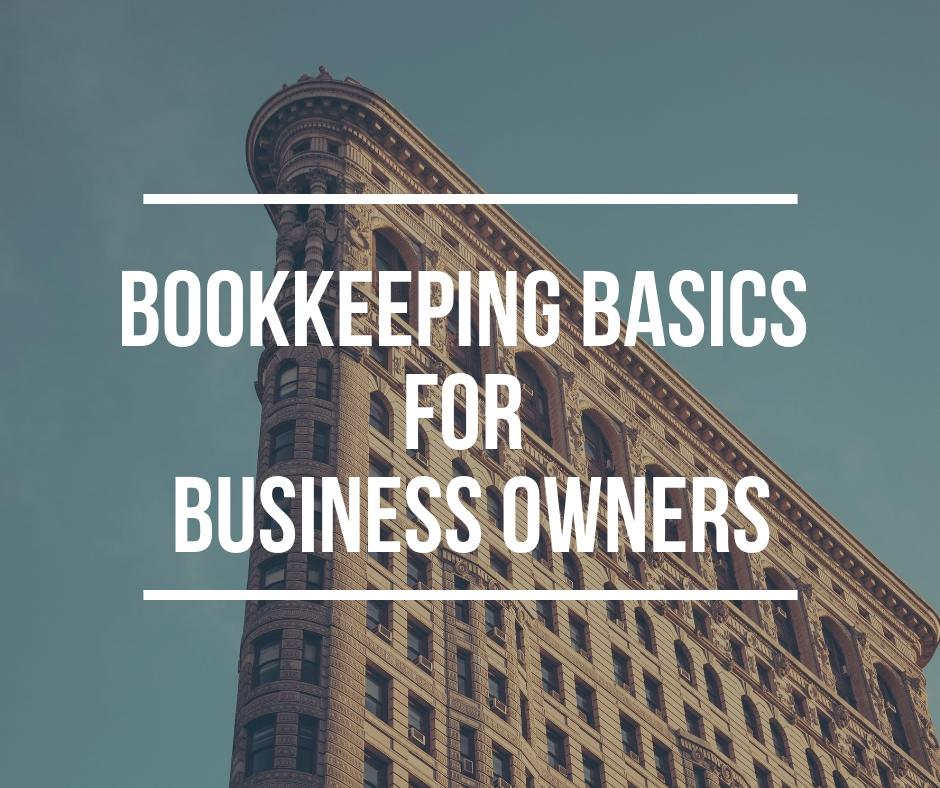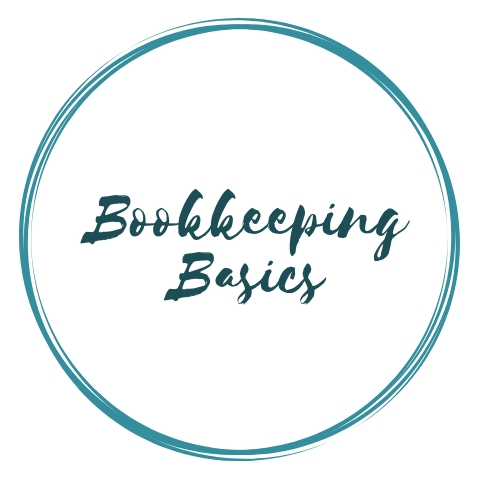- Home
- Bookkeeping Basics
- Bookkeeping Basics Key Financial Metrics
Bookkeeping Basics
Key Financial Metrics
Handling Essential Functions
Welcome to Bookkeeping Basics Key Financial Metrics. Do you know how to handle the essential functions of your business?
You have
your hands full trying to run and build a great business. You have people in
place to handle the essential functions of your business that you no longer
have the time to do yourself.
In fact, you might not have touched certain tasks
for years, such as bookkeeping, for example. Not that business owners need to
be the bookkeeper for their own businesses, but there are certain key financial metrics of bookkeeping
basics they should know.
Bookkeeping Basics Key Financial Metrics - Owners
“Always remember that, no matter how good any financial situation may look at the moment, if it is not grounded in the truth, the foundation it has been built upon will eventually crumble.
Lies destroy money, and truth creates it. … If you lie about who you are with your money, you will tend to spend more than you have, buy a house without knowing whether you can afford it, act on impulse rather than rational knowledge, and take tragic actions with your own money that could easily destroy your own financial life.”
—Suze Orman, The Laws of Money, The Lessons of Life
Periodically reviewing and analyzing key financial metrics, along with predictive accounting, will help you do a more strategic job of managing your business. This is made possible by understanding some essential bookkeeping basics, and it’s not as complicated as you might think. Financial metrics can help you measure your company’s performance and track your progress.
This means having a firm grasp of
bookkeeping basics such as the structure and purpose of your Income Statement,
also known as your Profit and Loss statement or P&L. This also means
knowing the purpose and understanding the numbers in your Balance Sheet and
your Cash Flow statements.
Bookkeeping Basics Key Financial Metrics - Revenue
The bottom line is that as a business owner no matter what business you’re in, you need to manage the money that makes it run. But there is much more to it than simply making and spending money to run a business. It takes financial knowledge. And one of the essential pieces of knowledge you need is bookkeeping basics key financial metrics.
Revenue is value, fuel and measurement for your business.
The strategic business leader is concerned first and foremost with the equity value of the business. This is determined by your Balance Sheet. The value of your equity is in direct proportion to how well your business runs. And how well your business runs is directly impacted by the effectiveness of the accounts payable and accounts receivables systems you have in place, as well as the productivity and operational cost-effectiveness.
Predictive Revenue is also the essential fuel that runs your business. Every activity in your business either consumes or generates money directly, or indirectly. If your business burns through more money than it is generating, you won’t have a business for long. Money must be coming in at a greater rate than it is going out.
Lastly,
measurement, or quantification, is essential for you to know how your business
is performing. Since almost everything that occurs in your business either
directly or indirectly involves money, the metrics are already available for
you. What is needed is to capture that financial information, analyze it, and
use it to manage your business.
Financial Management and Bookkeeping Basics
As a business owner, getting a solid understanding of your company’s finances is not an option. Knowing that you have the ability and the tools to control your money serve to help you in realizing your business vision and financial objectives.
Bookkeeping Tips: How Your Business Works Financially
Your normal business activities are your source of information. This is true no matter what those activities are and regardless of the size of your business, or what industry you’re in. Your objective is to effectively capture the information you need, organize it, and have it put into a reporting form that you understand. This information shows you exactly what is happening in your business and you can then use it to make decisions to improve the overall performance.
Businesses are moving, holistic entities. In other words, what occurs in one part of a business affects other parts of the business. As the owner, you must be able to see not only the specifics of your financial statements and reports, but to see the bigger picture of the inter-relatedness of activities.
In
fact, the owner of a small business and the Chief Financial Officer of a multinational corporation
have one thing in common: while the people reporting to them can take a narrow,
specialized view of the business, the person at the top has to take the
integrated view in order to produce the desired result.
Bookkeeping Basics Key Financial Metrics - Matter
As the business owner it’s your job to collect information from all of your department heads, review and analyze it, then discuss it with your bookkeeper (if you have one) and then decide what strategies to implement.
The smaller your business, the more roles you have to take on when analyzing financial data as you seek to build the value of your business. You have to make decisions regarding your business’s debt, the reasonable limits of your salary, and the best pricing strategy that will impact the long-term health and vitality of your business.
It’s
a tough job, but if you have good financial reporting systems in place and an
understanding of bookkeeping basics key financial metrics, you’ll have all the
information you need to make wise choices.
Bookkeeping Basics Key Financial Metrics - Author
Stephanie Horne is an experienced bookkeeper and Enrolled Agent. She is the owner and founder of Tax Avail, Inc. in Sonoma County, California along with this website and has over 20 years of in person, virtual and outsourced bookkeeping/accounting and tax preparation experience with businesses of all sizes.
Her love and passion is to work individually with business owners and families to help alleviate any financial stress or concerns by helping them to understand and have better control of their income, expenses, cash flow, and tax liabilities.
More Bookkeeping Basics
- Bookkeeping 101 Financial Ratios
- Bookkeeping 101 For Business Owners
- Bookkeeping 101 For Partnerships
- Bookkeeping 101 Chief Financial Officer
- Bookkeeping Basics Bookkeeping Basics
- Bookkeeping Basics And Cash Flow
- Bookkeeping Basics For Business Owners
- Bookkeeping Basics Key Financial Metrics
- Bookkeeping Basics Predictive Accounting
- Bookkeeping Basics Bookkeeping Tips
Please subscribe to my monthly newsletter, Bookkeeping Basics E-zine. It tells you every month about the new information that I have added, including some great tips and advice from myself and other Bookkeeping Basics readers.
Like Bookkeeping-Basics.net?
- Home
- Bookkeeping Basics
- Bookkeeping Basics Key Financial Metrics

















New! Comments
Have your say about what you just read! Leave me a comment in the box below.